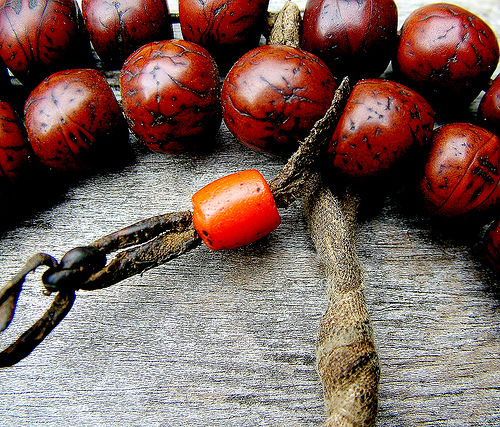FWP:
SETS == INEXPRESSIBILITY; KYA
ISLAMIC verses, using specifically Islamic religious ideas and terminology: {3,14x};
{8,1}, with a list of 'idol' verses; {9,9x};
{14,10}; {20,11}; {21,12}, on 'infidel' verses; {22,2}, on Ka'bah verses; {24,3};
{25,3}; {28,4x}; {31,2}: {34,8}*; {35,9}, with a list of 'snide remarks about Paradise' verses; {59,5}; {70,1};
{79,2}; {86,5}; {97,1}; {98,1}; {98,2}; {98,11}; {100,10x}*, ultimate Sufistic; {104,2}; {108,12x}; {110,4}; {111,7}; {121,9x}; {124,5}; {131,1}; {131,8}; {140,7x}; {151,3}; {154,3};
{154,7x}; {161,4}; {180,4}; {186,6x}; {200,2}; {203,1}; {204,7}; {208,2}; {208,9}; {215,2}; {216,4x}; {224,3x}; {230,10}; {231,9}; {232,6} // {267x,5}; {277x,7}; {307x,7}, Sunni vs. Sufi; {314x,7}; {323x,4}; {332x,1}; {352x,3}; {361x,9}; {396x,7}; {398x,2}; {413x,5}; {413x,6}; {413x,7}; {414x,3}; {414x,6}, God is addressed as tum ; {424x,7}, heretical claims; {427x,5}, ablutions in blood; {431x,4}; {438x,3}. See also DOOMSDAY verses, {10,11}.
Perhaps the speaker uses these 'coral' prayer-beads when reciting the beloved's praises, or perhaps she herself enjoys playing with them; for more examples of their use, see {8,1}. (Compare {322x,3}, with its prayer-beads made from teardrops; and {438x,8}, with its prayer-beads made from lovers' hearts.)
To read the first line as an exclamation (1a) makes the injustice indescribably great, the pain of those piercing eyelashes inexpressibly keen. But thanks to the colloquial multivalence of kyaa , reading the line as a disdainful rhetorical question (1b) makes the injustice something to be dismissed, something not even to be mentioned-- perhaps because the victims of that injustice, the blood-drops, are in no position to complain. They've not only greatly increased in value and durability by turning into precious coral, but have themselves become praisers and means of praise. And if the victims don't complain, where's the injustice? (On victimless crimes, compare {91,3}.)
As a special display of virtuosity, this verse also provides
the ghazal with a second opening-verse.

Nazm:
That is, the needles of the eyelashes made such movements that every single drop of blood in my body became a bead in a set of prayer-beads of coral. That is, a hole was made in every single drop of blood. (10)
== Nazm page 10